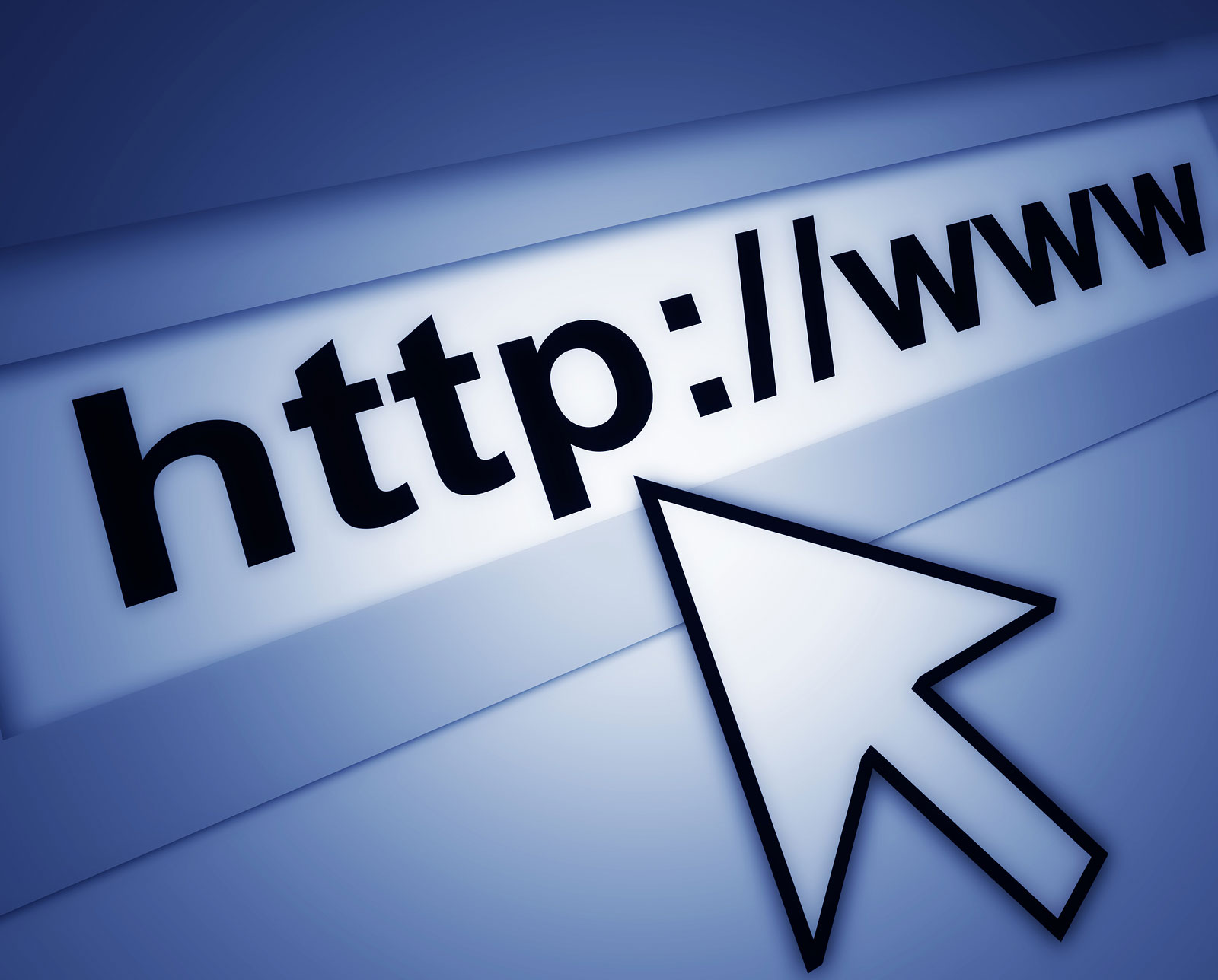Archive for April 2014
 The internet was created over 50 years ago during the Cold War as a means of communicating information and sharing data between scientists (The Invention of the Internet). Today, almost one-third of the worlds 6.8 billion peoples are users of the internet. The internet is a vast gateway to all sorts of information, and people, in the world. Its uses are virtually unlimited. It's used to find and download information, shop, education purposes, and to communicate with friends and relatives all over the globe.
The internet was created over 50 years ago during the Cold War as a means of communicating information and sharing data between scientists (The Invention of the Internet). Today, almost one-third of the worlds 6.8 billion peoples are users of the internet. The internet is a vast gateway to all sorts of information, and people, in the world. Its uses are virtually unlimited. It's used to find and download information, shop, education purposes, and to communicate with friends and relatives all over the globe.
The internet is still fairly new and it is ever changing. There are hundreds of thousands of new web pages popping up throughout the world wide web everyday. The internet is a good place to gather information and to find new and old people to converse with, but it isn't always a safe place.
With technology being more easily accessible, it is also easier for predators and con-artists to take advantage of those who don't know how to use the internet properly. These people could be anywhere from adolescents just discovering the internet to the older population of people who didn't grow up in the digital era.
 There is also a problem with online harassment. This usually targets teens (most of them being girls). More than a million young people are subjected to cyberbullying everyday, according to the largest online survey into online abuse (Evans, Mail Online). This can lead to problems in self-esteem, academics, and withdrawing behaviours from our children. In worst case scenarios, suicide is the outcome of these bullying attempts. In my guess, cyberbullying has probably been around since almost every house was home to a computer and an internet connection. Online bullying can start at such a young age especially since kids are starting to gain access to the web at much younger ages. Certain social media websites have rules and regulations before making an account. Most sites such as Facebook, Myspace, Twitter, and Tumblr have certain age restrictions (having to be at least 13 years) to create an account with them. But of course, kids find a way around that clause to get access to these various sites. Kids as young as 10 years old have Facebook and Myspace accounts. Social media is where most online bullying starts.
There is also a problem with online harassment. This usually targets teens (most of them being girls). More than a million young people are subjected to cyberbullying everyday, according to the largest online survey into online abuse (Evans, Mail Online). This can lead to problems in self-esteem, academics, and withdrawing behaviours from our children. In worst case scenarios, suicide is the outcome of these bullying attempts. In my guess, cyberbullying has probably been around since almost every house was home to a computer and an internet connection. Online bullying can start at such a young age especially since kids are starting to gain access to the web at much younger ages. Certain social media websites have rules and regulations before making an account. Most sites such as Facebook, Myspace, Twitter, and Tumblr have certain age restrictions (having to be at least 13 years) to create an account with them. But of course, kids find a way around that clause to get access to these various sites. Kids as young as 10 years old have Facebook and Myspace accounts. Social media is where most online bullying starts.Cyberbullying, unlike outside bullying, can be anonymous if the person wishes it to be. Anyone can sit behind a computer screen and type hurtful words to a person and no one would ever be able to tell who said person is. Also, the magnitude of people who have access to these hurtful comments is impossible to count. This not only hurts the victim but can also hurt the abuser as well. If caught, the bully can be arrested for harassment, and in extreme cases where suicide is the outcome, they can be charged with murder. Being convicted of these can ruin potential job opportunities and future relationships.
Most parents do not monitor their kids online time like they should. Kids have access to anything on the web by a click of a mouse. There are a lot of things parents can do to monitor what their kids are going through whilst on the internet. For example, parents can limit their child's online access by cutting off their router at a certain time. They can also block certain websites so that their children don't "accidentally" stumble across something not age-appropriate for them. Any measure of precaution a parent can take with their kids online access can help so much in keeping their child safe.
Listed below are a few sites that can encourage and give parents more information on what they can do to prevent their kids from being victims of the internet.
https://www.thinkuknow.co.uk/parents/Primary/Tools/Parental-controls/
http://everydaylife.globalpost.com/technology-safety-parents-kids-4315.html
http://www.today.com/moms/7-things-you-need-know-keep-kids-safe-online-461768
Knowledge is Power! Know what precautions to take on the internet as a user and as a parent. Ignorance is definitely not bliss when it comes to the safety of you, your children, and also keeping your personal information private and out of the hands of those who want to use it for their own benefit.
Sources:
http://goodmorningwilton.com/school-officials-to-present-on-cyberbullying-today/
http://www.atg.wa.gov/InternetSafety/FraudOnline.aspx#.U1UsX17Zhg0
http://www.consumer.ftc.gov/blog/fraud-affects-25-million-people-recognize-anyone-you-know
http://www.dailymail.co.uk/news/article-2441239/1-5-young-people-suffer-extreme-cyber-bullying-day-Facebook-accounting-half.html
Posted by Christina Benavente


